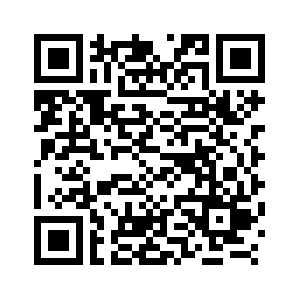WELLINGTON, July 5 (Xinhua) -- As New Zealand children have among the highest rates of screen use in the world, new guidelines to help balance the health risks of screen use with the educational benefits of digital technologies in schools were released on Friday.
For all age groups, screen use in schools should be purposeful, intentional, and backed by evidence, according to the guidelines that have been endorsed by the New Zealand Paediatric Society and published on its website.
The recommendations offer practical advice for different age groups to mitigate risks and promote healthier screen behaviors. Use of smartphones and watches should be limited in class, not only to reduce distractions, but also for well-being.
For young children, up to 6 years, the advice is minimal screen use, with no screens for under 2-year-olds. For 6 to 12-year-olds, screen use for learning is recommended for no more than a third of the school day, with more limited use for younger students and a gradual increase reflecting age or development, unless required for students with special learning needs, the guidelines said.
From 13 to 18 years, the emphasis is on encouraging intentional and balanced screen use, with regular eye breaks and limitations on headphone or earbud use.
While the recommended amount of screen time at school increases incrementally with each age group, the quality of screen-based learning was more important than the quantity when it comes to mental health and cognition, said an editorial of the New Zealand Medical Journal.
Excessive screen time has been linked with health issues, including dry eye, short-sightedness, loss of physical fitness, noise-induced hearing loss and pain syndromes, said lead author Julie Cullen, a paediatric physiotherapist and screen researcher at the University of Auckland.
New Zealand has recreational screen guidelines, but there was no guidance for use of digital technologies in educational settings, Cullen said, adding the United Nations has recently called for urgent discussion and regulation of digitization of education. ■



